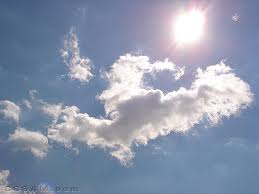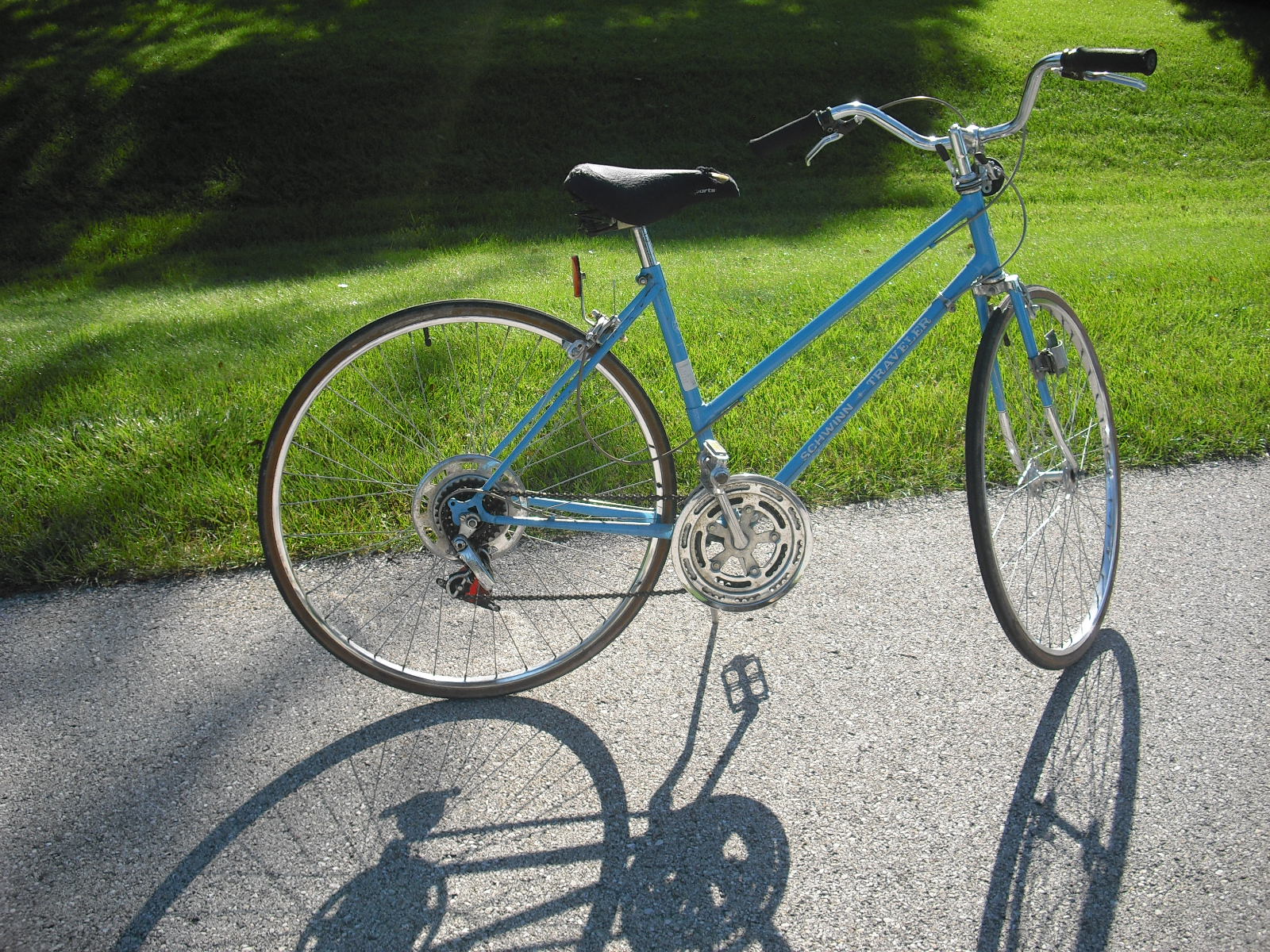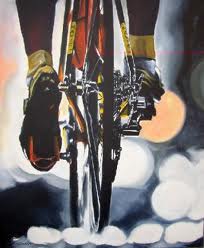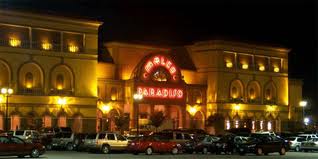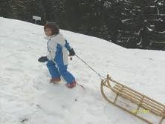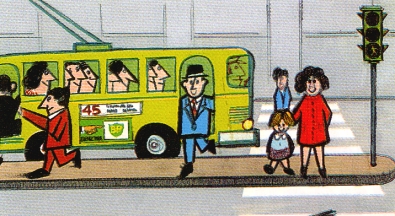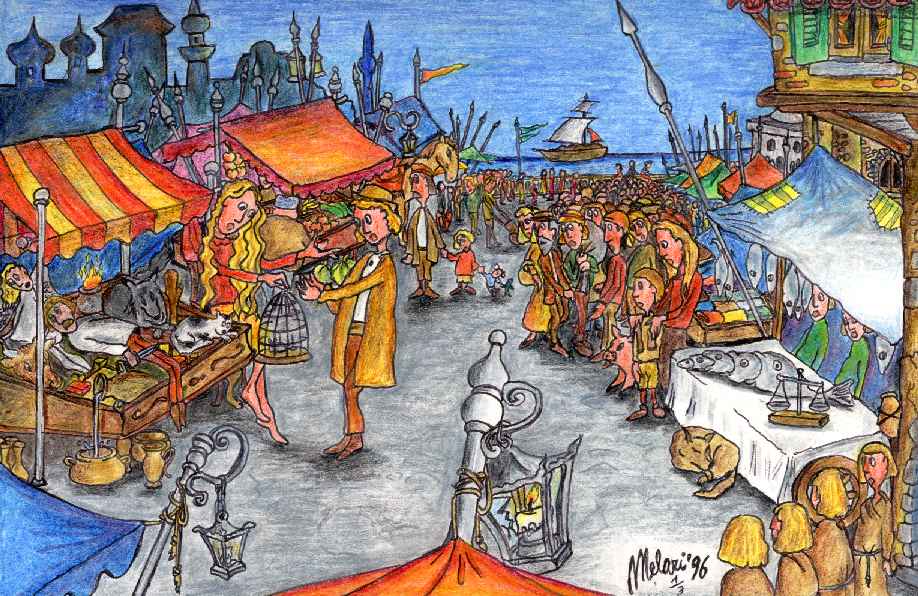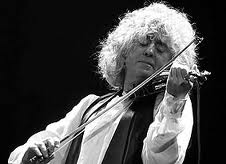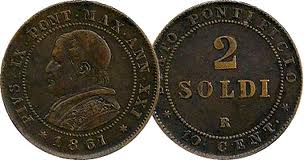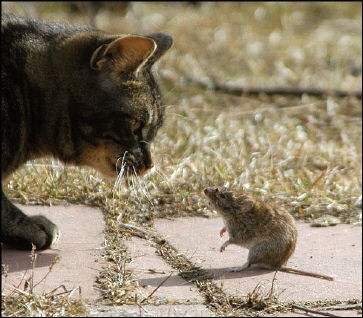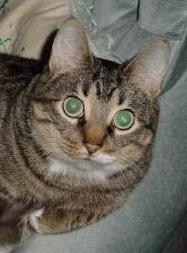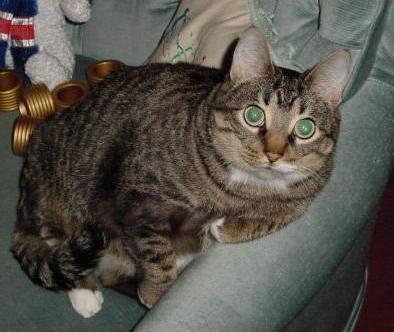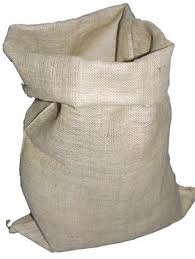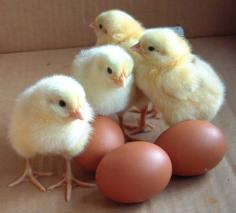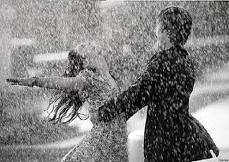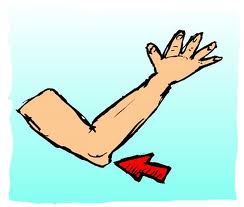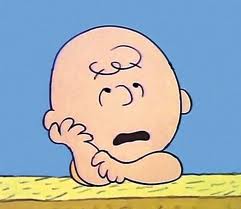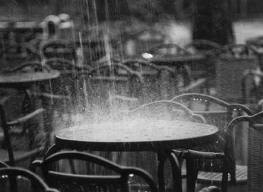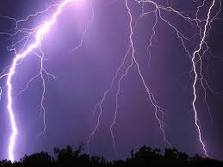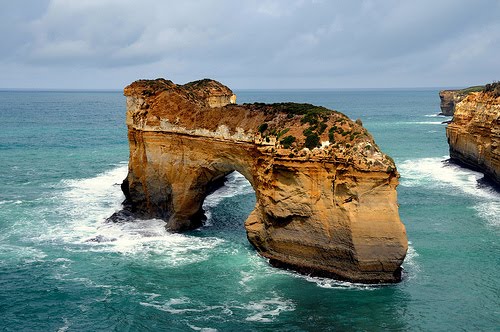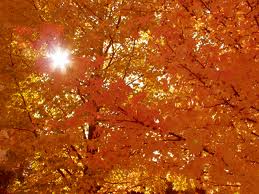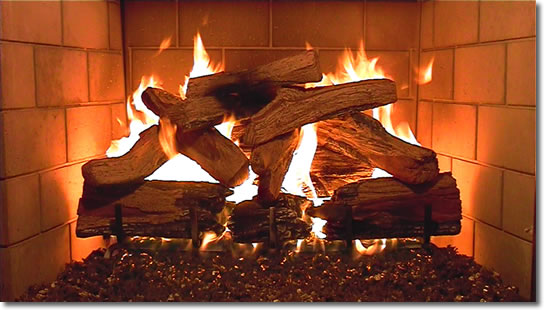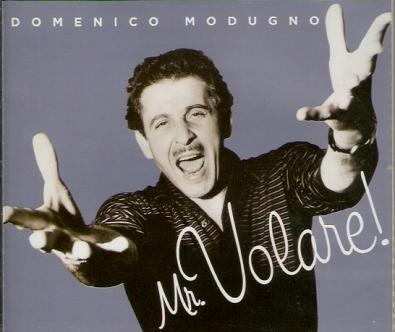 Nearly everyone can sing along to the chorus of the Italian song “Volare.” It’s a happy tune whose popularity has spanned generations. Recorded by Domenico Modugno in 1958, the song became the first winner of the Grammy Award for Record of the Year and Grammy Award for Song of the Year, and it is the only foreign-language recording to achieve this honor
Nearly everyone can sing along to the chorus of the Italian song “Volare.” It’s a happy tune whose popularity has spanned generations. Recorded by Domenico Modugno in 1958, the song became the first winner of the Grammy Award for Record of the Year and Grammy Award for Song of the Year, and it is the only foreign-language recording to achieve this honor
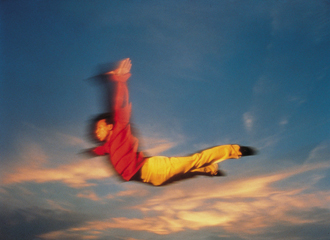 Did you know that in Italian “Volare” (the song’s popular name) means “to fly”? You might also know that this well-known, well-loved Italian song often goes by the name “Nel blu dipinto di blu” (its official title). And you might have an idea that this means ‘in the blue painted blue’… but, you may wonder, just “che cavolo?” (literally ‘what the cabbage’ or what the heck?) does THAT mean?
Did you know that in Italian “Volare” (the song’s popular name) means “to fly”? You might also know that this well-known, well-loved Italian song often goes by the name “Nel blu dipinto di blu” (its official title). And you might have an idea that this means ‘in the blue painted blue’… but, you may wonder, just “che cavolo?” (literally ‘what the cabbage’ or what the heck?) does THAT mean?
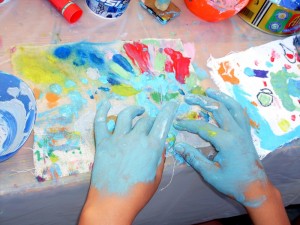 Well, Volare essentially is a song that recounts a man’s dream… in which he is floating (or flying) high above the Earth, in the blue sky, with his hands and face painted blue (“nel blu dipinto di blu” = in the blue, painted blue). It’s kind of fantastical and whimsical, as many dreams are. The song then tells of how when the moon goes down it takes dreams along with it … and that’s when the song becomes a love song…
Well, Volare essentially is a song that recounts a man’s dream… in which he is floating (or flying) high above the Earth, in the blue sky, with his hands and face painted blue (“nel blu dipinto di blu” = in the blue, painted blue). It’s kind of fantastical and whimsical, as many dreams are. The song then tells of how when the moon goes down it takes dreams along with it … and that’s when the song becomes a love song…
 …the dreamer goes on to say that even if he’s no longer “up in the blue painted blue”, and that probably another dream such as this will never come along again (“un sogno cosi non ritorni mai piu”), he’s just as happy here on the ground lost in the blue of his baby’s eyes. Ah “l’amore, i sogni”! (Ah love, ah dreams!)
…the dreamer goes on to say that even if he’s no longer “up in the blue painted blue”, and that probably another dream such as this will never come along again (“un sogno cosi non ritorni mai piu”), he’s just as happy here on the ground lost in the blue of his baby’s eyes. Ah “l’amore, i sogni”! (Ah love, ah dreams!)
Domenico Modugno at the Eurovision Song Contest in 1958
LYRICS IN ITALIANO
-Verso 1-
Penso che un sogno così non ritorni mai più,
mi dipingevo le mani e la faccia di blu.
Poi d’improvviso venivo dal vento rapito,
e incominciavo a volare nel cielo infinito.
-Ritornello 1-
Volare, oh oh,
cantare, oh oh oh oh.
Nel blu dipinto di blu,
felice di stare lassù.
E volavo volavo felice
più in alto del sole ed ancora più su
mentre il mondo pian piano spariva
lontano laggiù.
Una musica dolce suonava soltanto per me.
Volare, oh oh
cantare, oh oh oh oh.
Nel blu dipinto di blu
felice di stare lassù.
Ma tutti i sogni nell’alba svaniscon perchè
quando tramonta la luna li porta con sè.
Ma io continuo a sognare negli occhi tuoi belli
che sono blu come un cielo trapunto di stelle…
Ritornello 2
Volare, oh oh
cantare, oh oh oh oh.
Nel blu degli occhi tuoi blu
felice di stare quaggiù.
E continuo a volare felice
più in alto del sole ed ancora più su
mentre il mondo pian piano scompare
negli occhi tuoi blu
La tua voce è una musica dolce che suona per me…
Volare, oh oh
cantare, oh oh oh oh.
Nel blu degli occhi tuoi blu
felice di stare quaggiù.
Nel blu degli occhi tuoi blu
felice di stare quaggiù.
-Verse 1-
I think that a dream like this will never return,
I painted my hands and face blue.
Then suddenly I was swept away (abducted) by the wind,
and started to fly in the endless (infinite) sky.
Chorus 1
Volare, oh oh,
sing, oh oh oh oh.
In the blue painted blue,
happy to be up there.
And I flew, I flew happy
higher than the sun and even higher
As the world slowly, slowly disappeared
far away down there.
A sweet music played only for me.
Volare, oh oh
sing, oh oh oh oh.
In the blue painted blue
happy to be up there.
But all dreams vanish because
when the moon sets it takes them along with it.
But I keep on dreaming in your beautiful eyes
That are blue like a sky dotted (quilted) with stars …
Chorus 2
Volare, oh oh
sing, oh oh oh oh.
In the blue of your blue eyes
happy to be down here there.
I continue to fly happy
higher than the sun and even higher
as the world slowly disappears
in your blue eyes
Your voice is a sweet music playing for me
Volare, oh oh
sing, oh oh oh oh.
In the blue of your blue eyes
happy to be down here.
In the blue of your blue eyes
happy to be down here.
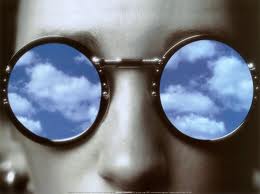 Got any favorite Italian love songs?
Got any favorite Italian love songs?



